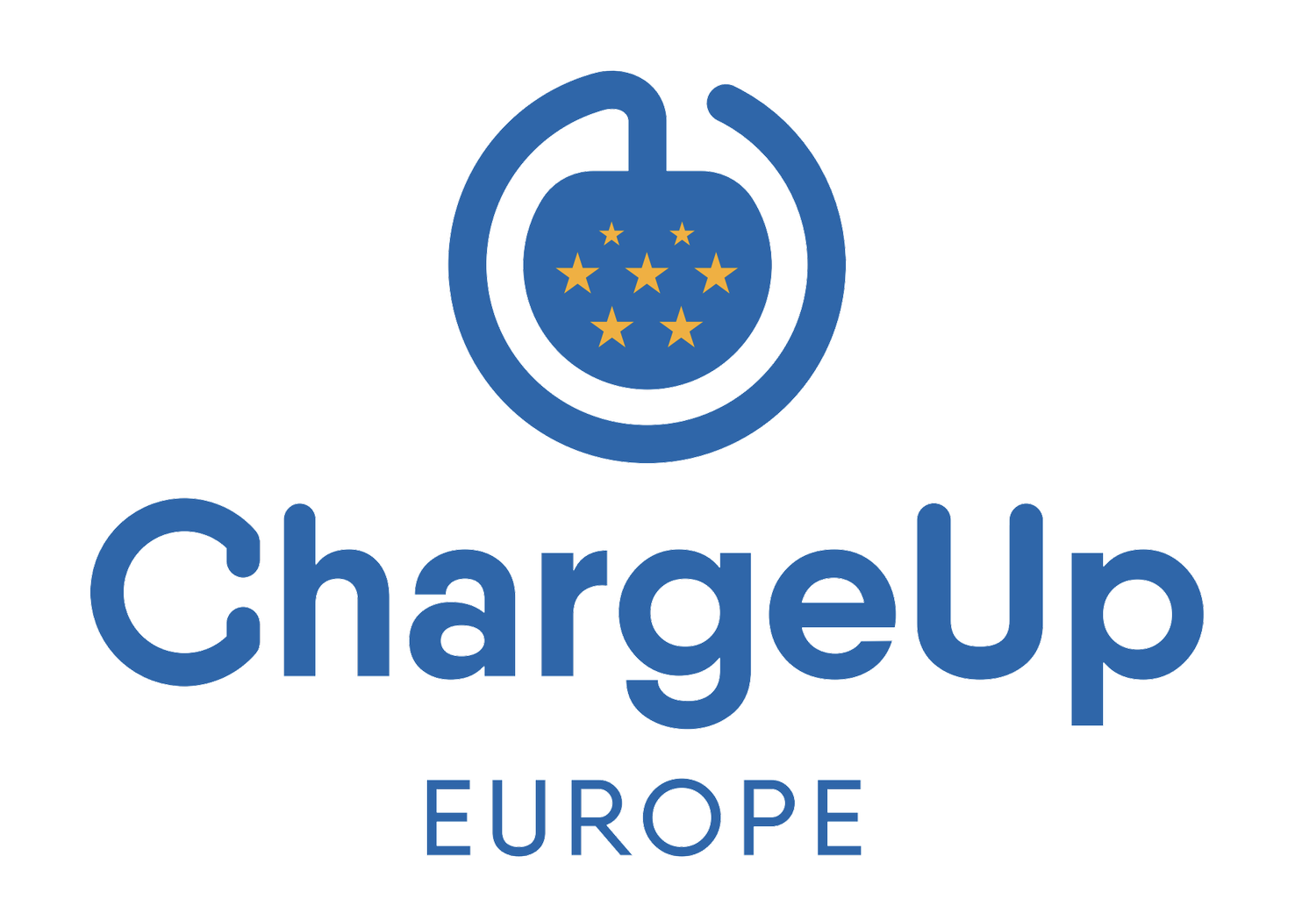“Action Plan to Facilitate Grids Rollout”: The EV Charging Perspective
ChargeUp Europe calls for:
Fixing permitting: EU legislation should establish a dedicated, permanently simplified permitting procedure for EV charging projects, including: a/ a mandatory permitting framework; b/ simplified permitting processes; c/ binding deadlines to public authorities delivering permits; d/ a one-stop shop concept. In addition, a regulatory framework allowing DSO to prioritise grid connection requests coming from some actors (meeting defined climate and social criteria) must be established, reforming the “queue” system by creating a parallel, “fast lane” for them.
Updating governance: Energy governance needs to evolve, with a/ more direct role on steering implementation from the EU level; b/ a High Representative for Electrification and Grid Modernisation in the new Commission; c/ a Joint Office of Transportation and Energy (as in the US); d/ a regulatory framework requiring National Regulatory Authorities (NRAs) to step in to design national solutions.
Designing pragmatic workarounds to alleviate labour shortages: NRAs should provide for the expansion of certified parties (e.g. technicians and electricians) allowed to work independently on grid connected infrastructure, as a stop-gap measure until more staff are available at DSOs to perform technical tasks such as connections.
Why EV charging?
EV charging, even among Distributed Energy Resources (DER), is perhaps the most distributed. Normal and high power charging locations are deployed all over – public parking lots, highway rest areas, hotels and restaurants, homes and apartment buildings, gyms and malls, logistic or sports centres, etc. Unlike even rooftop solar and heat pumps which are connected to a house or construction site which may take a year or two to build, EV charging stations can be installed and connected in far less time (not counting the associated grid connection work). Due to this extremely distributed nature and relatively short project timeline (from the CPO side) the permitting and process needs of EV charging are different from those of energy generation projects and even other DERs. Properly enabling this sector to scale widely and rapidly is essential to the EU meeting its climate targets. This paper outlines recommendations for the “Grid Action Plan” to do just that.
